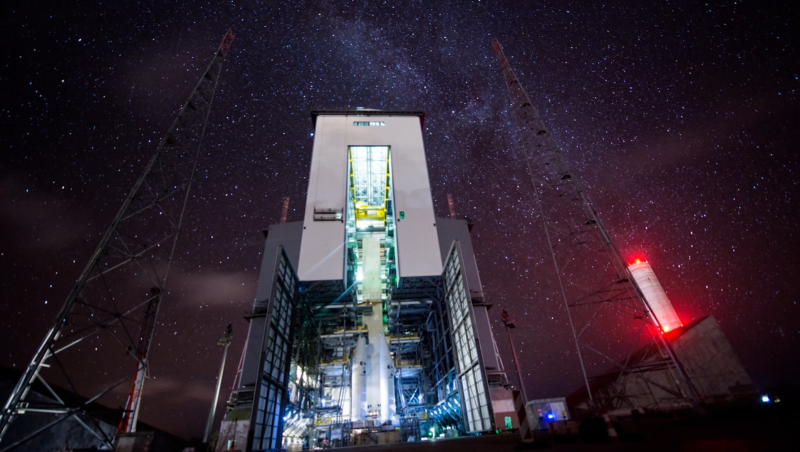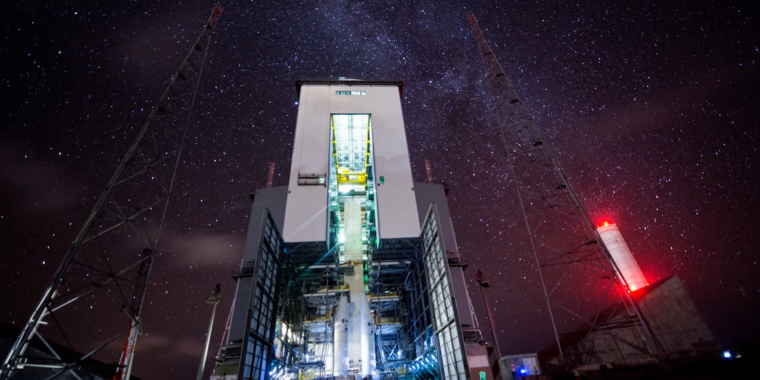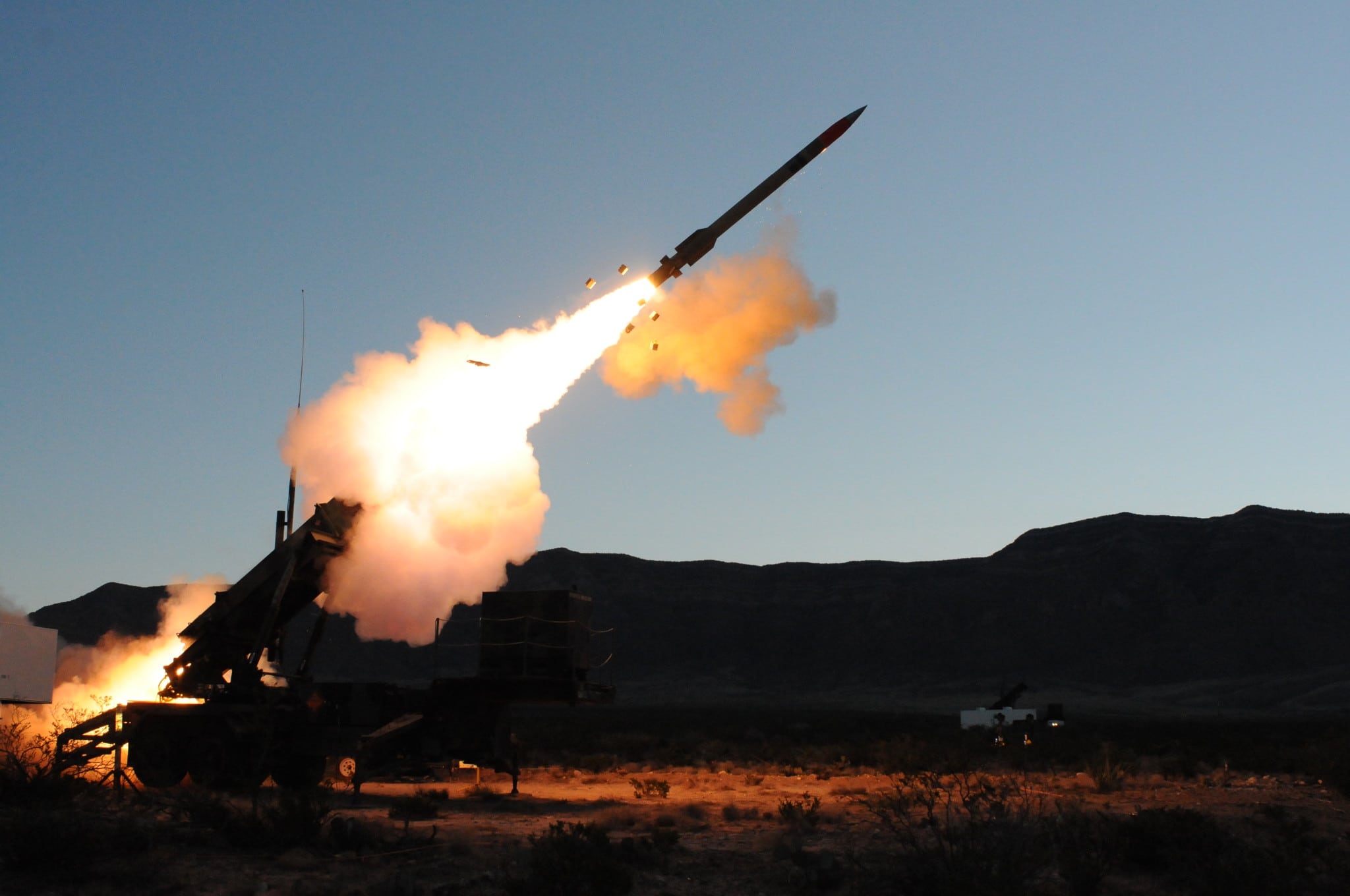
The European Space Agency posted an update Friday on the status of its flagship rocket, the Ariane 6 vehicle. While the space agency didn’t provide a concrete launch goal for the rocket’s debut flight, it shared information on key milestones to be accomplished, including a test firing of the rocket’s first stage in French Guiana.
Even without an updated launch date, it may well reasonably be inferred from the brand new information that the Ariane 6 rocket is not going to launch this 12 months. The query now’s how far the debut of the much-anticipated rocket will slip into 2024.
Here’s why: During a news conference in October 2022, the director general of the European Space Agency, Josef Aschbacher, laid out the pathway for the Ariane 6 rocket to make its debut in 2023. “There are three very big milestones ahead of us that have to be achieved by the primary quarter of 2023 to ensure that the inaugural flight by the top of next 12 months,” he said on the time.
The three milestones he cited were: two wet-dress rehearsals and a hot fire test of a non-flight version of the Ariane 6 first stage on the launch site in French Guiana; the initiation of a “unified qualification review” of the rocket and its ground systems; and completion of a campaign to check fire the rocket’s upper stage in Germany.
In its Friday posting—and to be clear, we’re midway through the second quarter of 2023—the European Space Agency provided an update on these three milestones.
- Starting May 2023: Ground combined test sequence at Europe’s Spaceport in French Guiana. This test sequence notably includes two wet rehearsals and a protracted firing test of the lower stage on the launch pad. The successful achievement of this sequence is a primary prerequisite for the inaugural flight.
- Starting late June 2023: Overall launch system qualification review. Unified qualification review of the launcher, launch system, and launch base.
- Early July 2023: Upper stage additional test at DLR Lampoldshausen, Germany. This test on the P5.2 test bench will simulate a nominal flight profile just like the one planned for the inaugural flight to substantiate the expected behavior of the upper stage. An additional test is planned to look at stage behavior in degraded cases.
So within the best-case scenario, it seems likely that the European Space Agency and the rocket’s developer, ArianeGroup, could complete these milestones by the top of the third quarter of this 12 months. Assuming there continues to be a nine-month period between their completion and the inaugural flight of the Ariane 6, we will set a “no sooner than” launch date for the rocket within the second quarter of 2024. More realistically, the launch will occur sometime next summer.
In response to a question a few goal date for the Ariane 6 rocket’s debut, a European Space Agency spokesperson told Ars that it’s going to be provided later this 12 months.
“As you may see from our update, several key milestones must be accomplished before a goal launch date may be confirmed,” the agency said in an emailed statement. “We expect we’ll have the ability to offer this date by the top of summer 2023. Within the meantime, along with our partners, we’ll provide regular updates on Ariane 6’s progress toward its inaugural flight in order that you already know exactly where we stand.”
The event of the Ariane 6 rocket is a matter of some urgency for Europe, which has set “independent access to space” as a priority. Nevertheless, the Ariane 5 rocket will make its final flight before retirement in June, leaving the continent and not using a medium-lift launch capability. It’s likely that the European Space Agency may have to resort to purchasing launches from its competitor, SpaceX, for institutional satellite launches.
There was some criticism that Europe didn’t innovate enough with the design of its Ariane 6 rocket when the vehicle was conceived in 2014. The booster is essentially an update of Ariane 5 technologies, with a watch toward reducing costs, fairly than a serious step toward a reusable booster just like the Falcon 9. Nevertheless, if the rocket had arrived by its original goal in 2020, it could find no shortage of shoppers given the present lack of launch capability within the Western world.
As an alternative, the Ariane 6 will now be about 4 years late and compete against a brand new generation of rockets with various levels of reuse and price competitiveness—including Rocket Lab’s Neutron vehicle, United Launch Alliance’s Vulcan, SpaceX’s Starship, Blue Origin’s Latest Glenn, Relativity Space’s Terran R, Japan’s H3 rocket, and more. In other words, had ArianeGroup executed on the event of Ariane 6, it could have gotten the jump on all of those vehicles and been the West’s alternative to the Falcon 9.
Now, it represents a missed opportunity.







